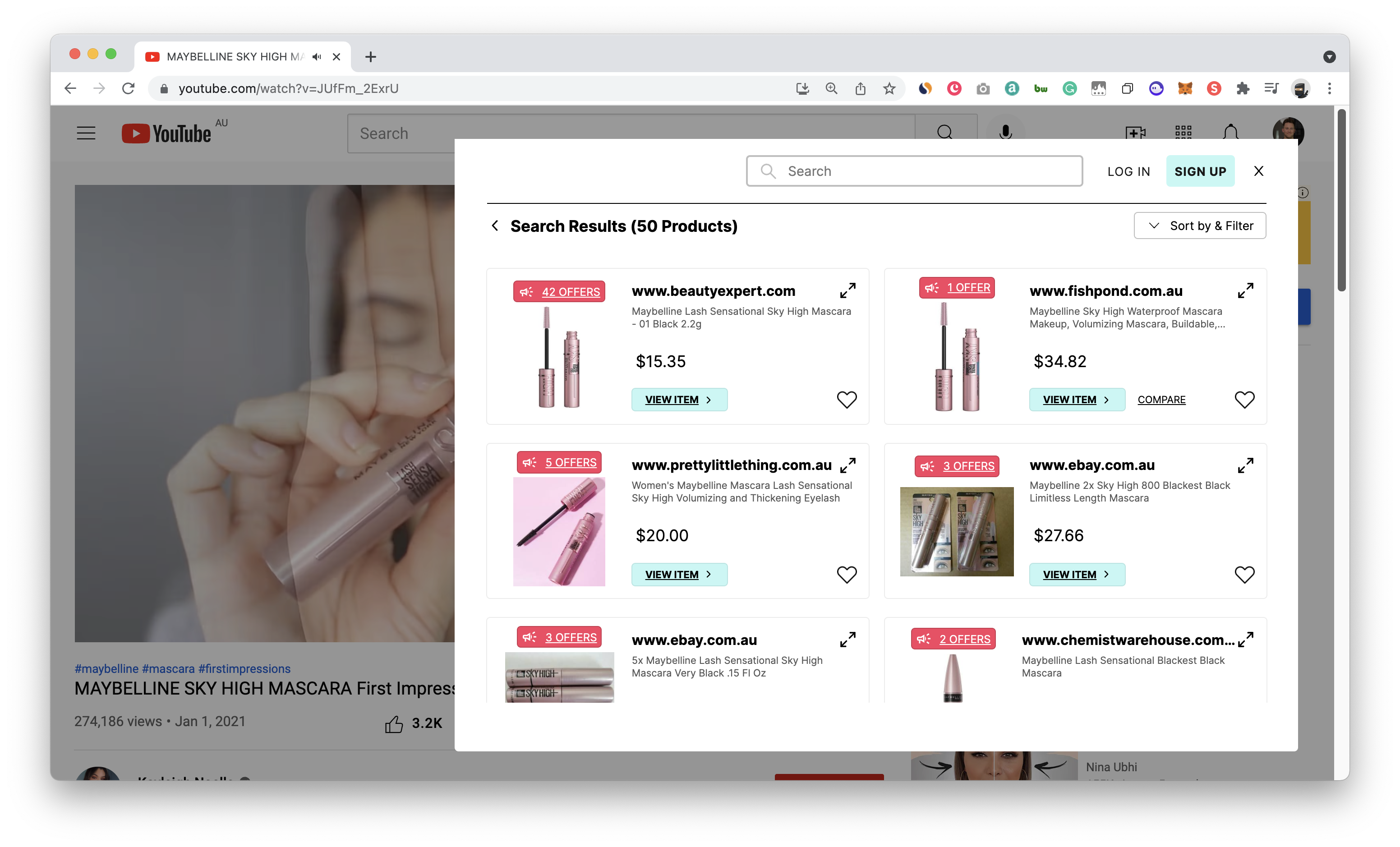Being in control of customer data is one of the ways retailers, like Amazon, Spotify and Netflix, are able to tap into consumer behavior and create customized experiences whenever a user logs in.
Those are some of the reasons Amazon, in particular, is poised to grab 50% of the U.S. e-commerce market this year, and why Sydney-based Particular Audience wants to break down the data silos going on within e-commerce to give any retailer a chance to gather similar data on their customers to personalize experiences.
Particular Audience provides product discovery tools for retailers that are powered by artificial intelligence and machine learning. In fact, the company wants to go further and offer personalization based on anonymity and without compromising personal data, CEO James Taylor told TechCrunch.
Taylor launched Particular Audience in 2019 after taking a few years to work out the technology. The global pandemic threw a wrench in some plans, with Taylor and a handful of executives taking a pay cut so as to not have to let any employees go. However, with the e-commerce industry growing over the past 18 months, the company was able to get back to where it was, he said.
Getting started with building an audience in the creator economy
The company has now amassed a real-time data set on product search, sales, pricing and availability from across the internet, from its browser plugin SimilarInc.com, which gathers the data from its online shopper community without tracking or cookies. Retailers can analyze that data to tell them, for example, how better to promote high-margin or overstocked items.
“Data IP is the current frontier,” he said. “It is data that is going to improve predictions to personalize inventory and reduce waste while also helping with supply chain management. The goal is to create website data visibility that would benefit all of the other merchants other than Amazon.”
To continue developing its technology, the company secured $7.5 million in Series A funding in a round led by Equity Venture Partners and that included existing investors Carthona Capital and a group of angel investors. This latest investment gives the company $9.5 million in total funding raised to date, which includes $1.3 million in seed funding raised in 2019.

Particular Audience is working with approximately 100 websites currently. In addition to Sydney, the company also has an office in London. Europe makes up more than 50% of Particular Audience’s global revenue, and the new funding enables the company to open a new office in Amsterdam next year.
North America is also a growth territory for the company, where it has already opened an office in Vancouver, with plans to open a New York office in 2022 as well. The company has 60 employees, up from 20 last year, and Taylor expects to add 40 more in the next year, including rounding out its leadership team with a head of product.
The funding will also be invested into building out an API-first product suite and retail media platform so retailers can gain a revenue stream from cost per clicks. Meanwhile, the company saw 460% year over year in revenue growth and expects to hit $100 million in gross merchandise value through its products this year, up 19 times in the last two years, Taylor said.
As part of the investment, Daniel Szekely, partner at Equity Venture Partners, will join the board.
“Personalization of the internet is a critical frontier for e-commerce retailers, and in a world of growing online shopping options and diminishing consumer attention spans, delivering an experience that meets individual consumers’ needs is absolutely critical,” he said in a written statement. “James and his outstanding team have tackled this issue in a novel way, and the important need for their solution has been made obvious as the business gets pulled into multiple geographies. We’re thrilled to back them in their Series A and know this is just the beginning of the journey.”
Demand Curve: How Zapier acquires customers via its homepage































Comment